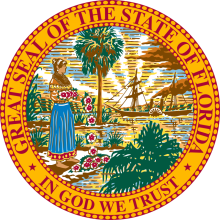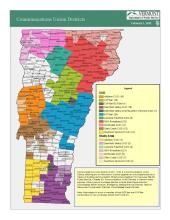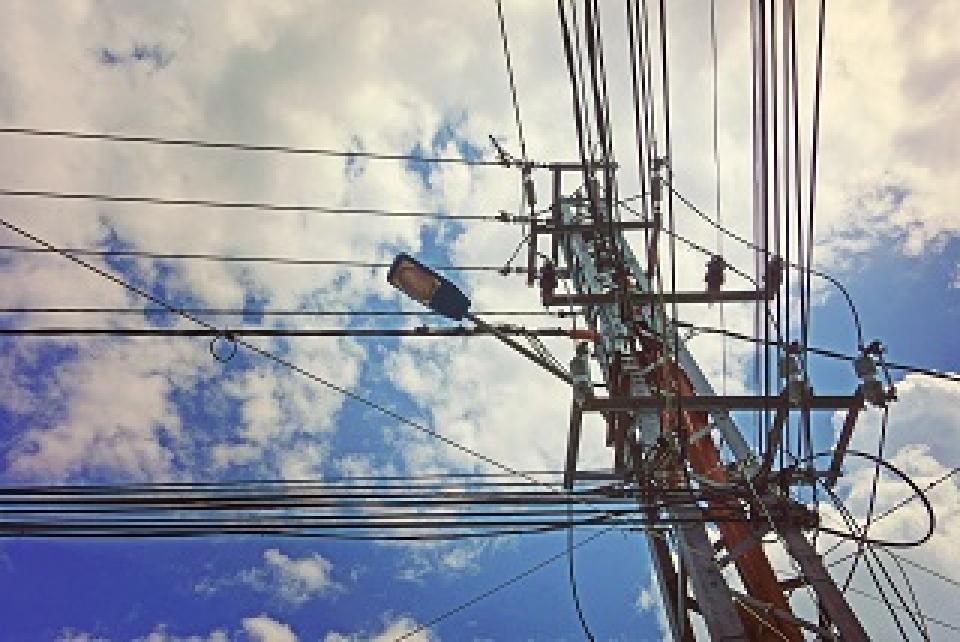Institutional Fiber Network Enhances Town Operations Across Plainville, Connecticut
After working over a year to obtain licenses to deploy fiber across town, by this time next week the central Connecticut town of Plainville, home to approximately 17,500 residents, will begin construction of a municipal fiber network. When finished, the network will connect all town offices, public education facilities, public safety services, and wastewater treatment facilities.
Over a decade after high-speed fiber connections linking the town’s municipal center and a local high school to the statewide Nutmeg Network were first established in Plainville, multiple municipal buildings throughout town still lacked reliable broadband connections, and some had not been connected to the Internet at all.
With locally-based construction firm Sertex set to begin laying fiber for the townwide institutional network (I-Net) next week, which will include “12.5 miles of aerial cabling and three underground spans running beneath major highways,” that’s all about to change for the relatively dense, 10-square-mile community, reports Sertex.










